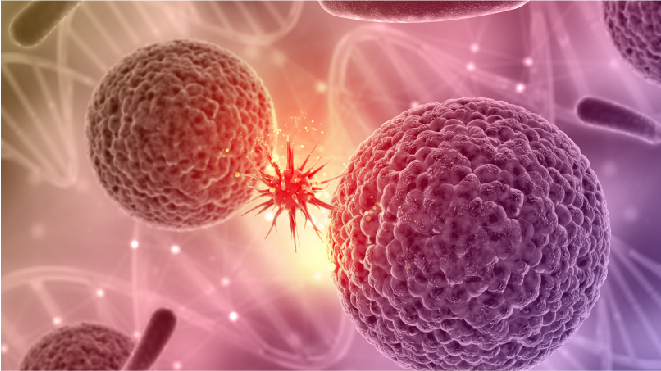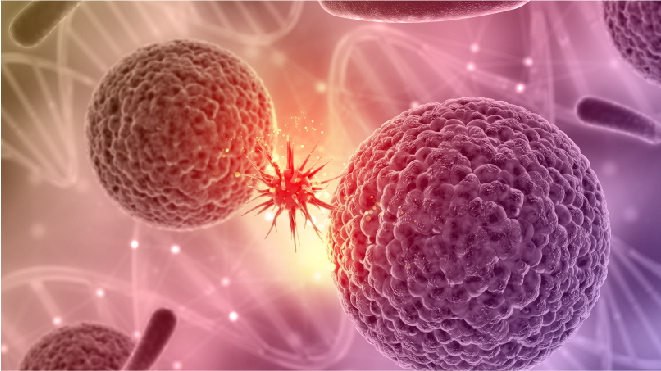

Chemotherapy for blood cancer include range of side effects that depend on the type of medication used. Since these drugs are strong enough to kill rapidly multiplying cancer cells, they can also harm healthy cells. The fast-dividing cells of the body, such as blood cells and the cells lining the mouth, stomach and intestines, are affected by the usage of chemotherapeutic medication while treating blood cancer. Chemotherapy related toxicities can occur acutely after administration, within hours or days, or chronically, from weeks to years. Hence the patient should be careful and in constant contact with his/her doctor. The severity of these side effects may depend on one’s overall age, health and type of chemotherapy.


The treatment could also affect the kidneys, heart, lungs, bladder and the central nervous system.
Chemotherapy could affect the kidneys in a way that it could damage their functionality ultimately. This damaging is known as renal failure. Due to this failure, the kidneys will not be able to perform their vital task of filtering the waste from the blood. A decrease in the blood supply to the kidneys, damage to the kidneys or blockage in the urinary tract can lead to renal failures. The most common cause of the crash is because of the destruction of kidney cells. Kidney damage can be irreversible and can be life-threatening at times. Chemotherapy can lead to either chronic or acute kidney failures. Acute renal failure can be diagnosed using medications. But chronic renal failure could completely stop the functioning of the kidneys.
Cisplatin, Cytarabine, Gemcitabine and Streptozocin are the chemotherapeutic drugs which have reported most significant kidney damage in patients.
Chemotherapy side effects can increase the risk of heart diseases though not all chemotherapy drugs cause the potential side effects. The side effects of chemotherapy on the heart are:
Before starting chemotherapy, the patient undergoes heart-related tests. Depending on the result, the diagnosis is decided. Effects on the heart can be permanent, and the patients have to deal with the side effects for the rest of their lives.
Chemotherapy is closely associated with the adverse effects of the organs of the body. The treatment can interfere with the functionality of the central nervous system. Chemo can have the following results:
Chemo also affects the gastrointestinal tract, which extends from the mouth, including the salivary glands, stomach, intestines and rectum. The joint effects of chemotherapeutic drugs on the digestive tract are:
During or after chemo, the patient might experience dizziness or drowsiness. This feeling gradually reduces with time, but the patient must take proper rest before having less nauseated sensations.
Chemotherapeutic drugs can affect the cells that line the intestines. Sometimes, these cells are also killed during the treatment. Such a disturbance in the stomach can lead to diarrhoea. In case of severe cases, the patient will have to consult the doctor immediately.
In the rest period of the treatment, the patient can have constipation due to the medication. Consumption of medicines like opioids will lead to constipation. Change in diet and lack of physical exercise in the rest phase increases the chances of constipation too.
The patients are advised to keep a check on their diet during and after the treatment in order to minimize these effects. During the treatment, one needs to stay well-nourished to help the body deal with fighting cancer and the chemotherapeutic procedure. Eating several healthy meals in a day can also help you maintain happy digestion. They have to consume a lot of fluids at liquid temperature, keep their potassium levels high and stay away from caffeinated drinks.
The side effects of these drugs on the mouth are:
Oral health is utmost important during and after the treatment. Regular oral checkups and brushing twice a day is a must.
Hair loss is one of the more distressing side effects of chemo. Adverse hair loss does not happen in all chemos. The severity in the damage of the hair follicles depends on the dosage of chemotherapy and the drugs prescribed to the patient. It can begin in the first two weeks of the first cycle itself. The hair fall often occurs in clumps and in most cases, the hair growth will resume post-treatment.
Low blood cells count is one the most serious side effects. Chemotherapeutic drugs can cause the following:
Routine blood count monitoring is a crucial to chemotherapy process. The oncologist has to decide the specific chemo treatment that has comparatively low risk of bringing down the patient’s blood count.